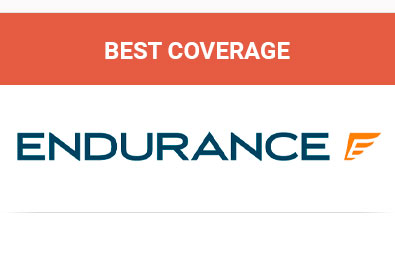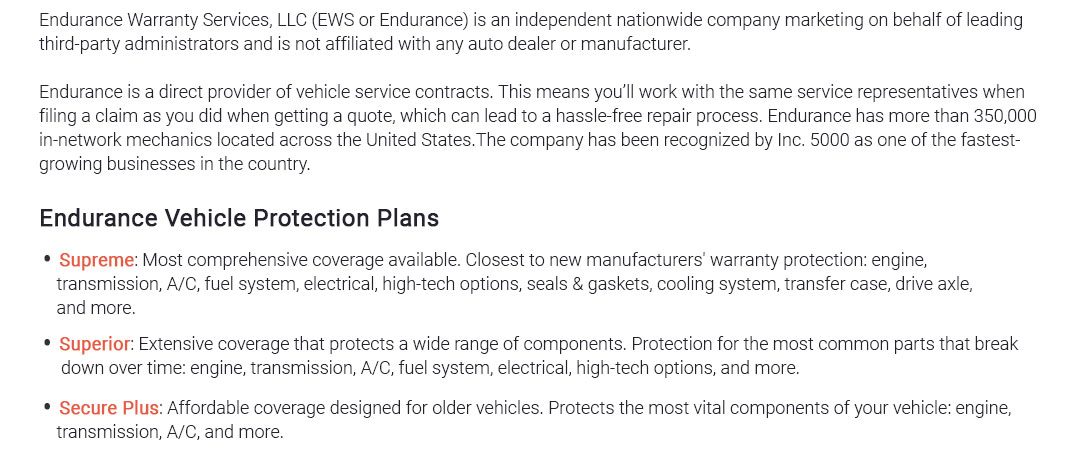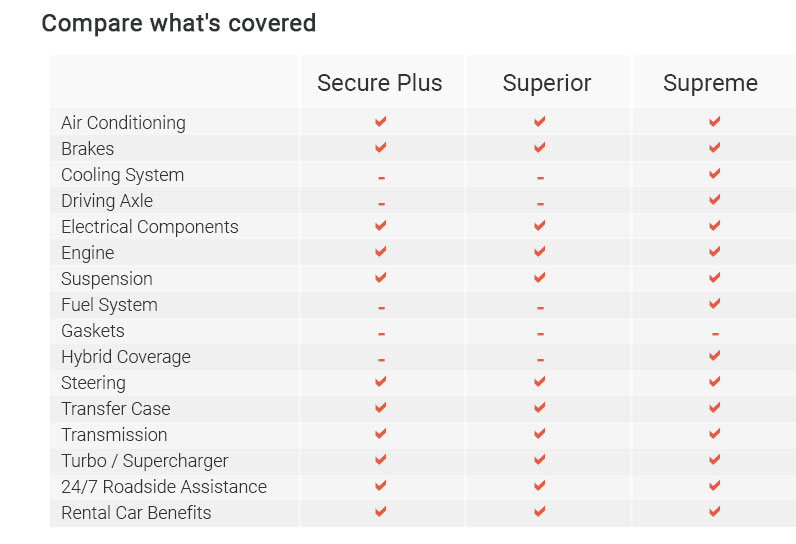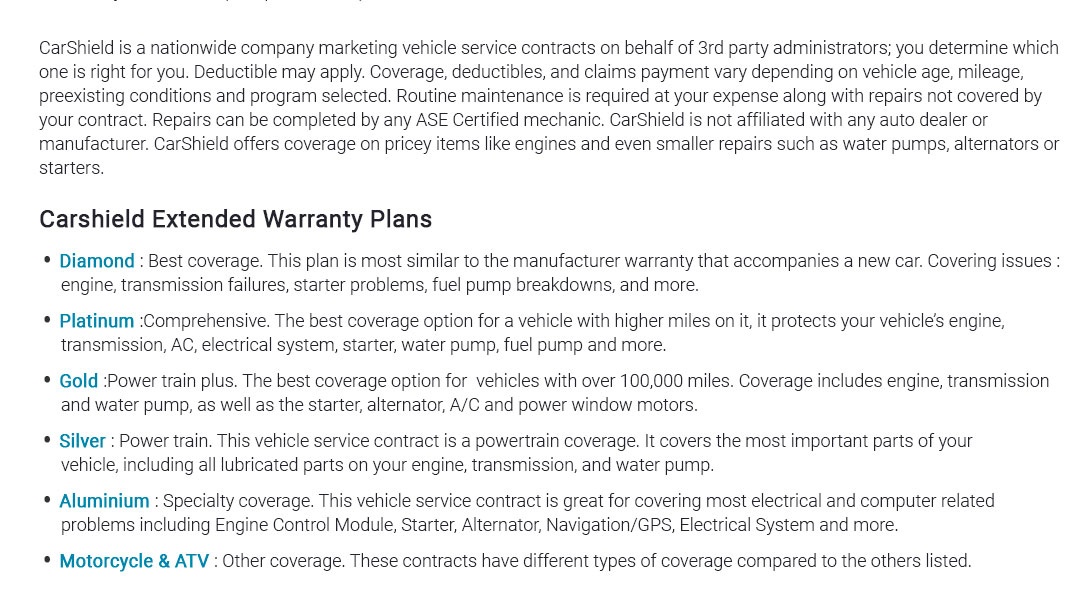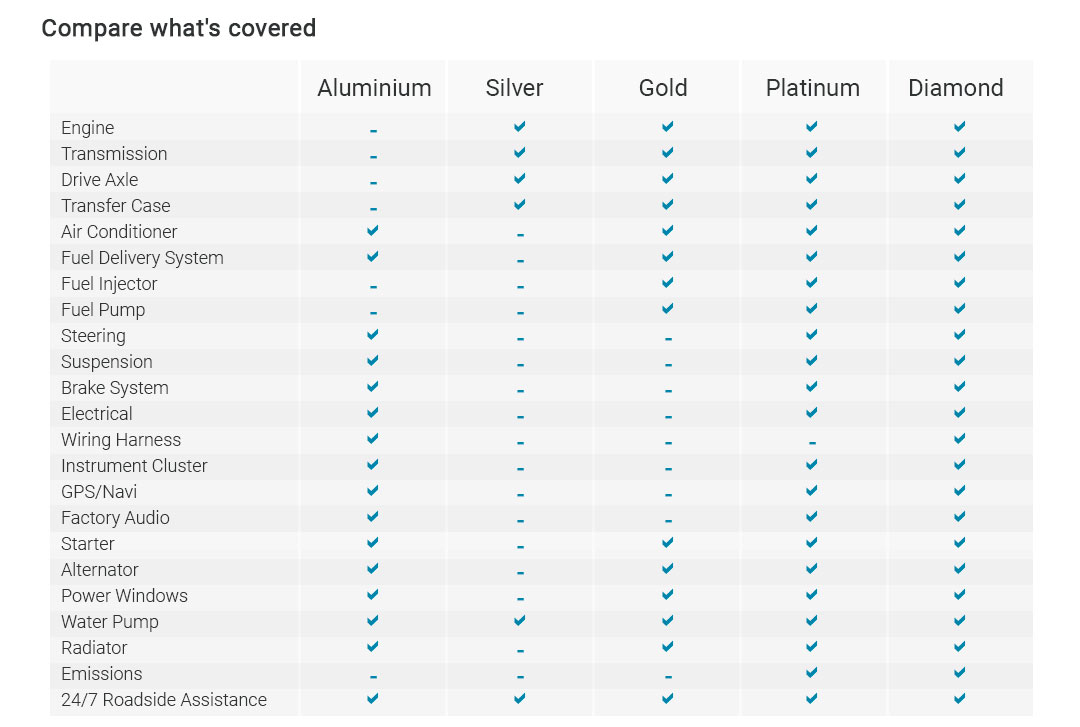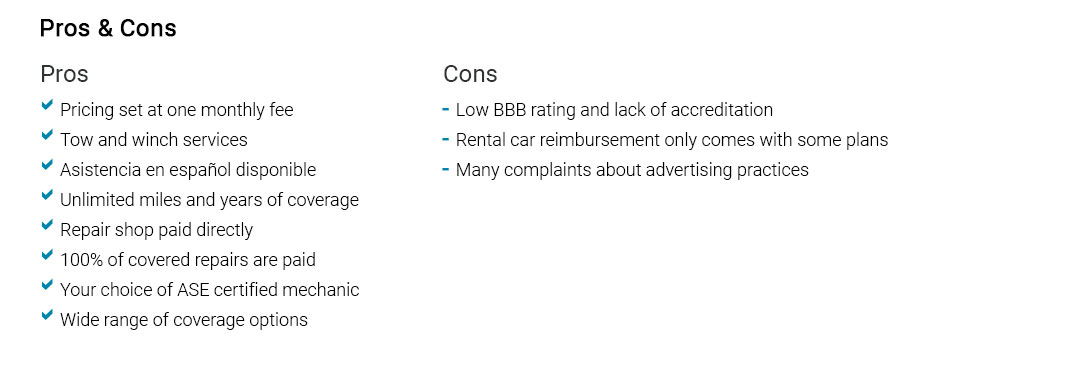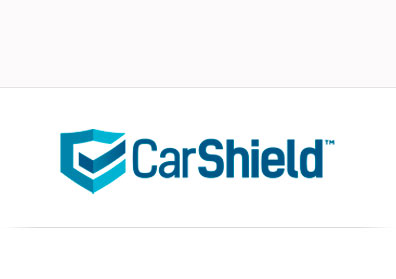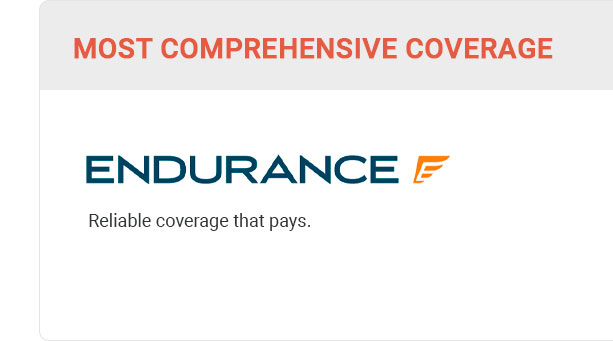vehicle protection plan choices for drivers who think ahead
I'm sorting through options because repairs feel random yet inevitable. A vehicle protection plan steadies the budget; factory coverage ends eventually. I want coverage that fits my driving, not the other way around.
Coverage fit: compare before you commit
- Powertrain-only: cheapest; engine, transmission, drive parts - thin on electronics.
- Exclusionary: lists what's not covered; best for tech-heavy cars.
- Stated-component: named parts only; gaps around sensors, infotainment.
Small pause - costs matter, surprises matter more.
Costs, claims, and timing
- Price trades off with deductible, mileage, and term length.
- Shops: some plans restrict networks; I prefer my local mechanic.
- Claims: simple app filing beats reimbursement hassles.
- Timing: buy before issues start to avoid exclusions.
A real moment
On a snowy evening, my dash lit up: ABS fault. The plan covered diagnostics and a wheel-speed sensor at my regular shop. No bargaining, just a modest deductible - then back on the road.
How I decide
I compare total five-year cost, likely failure points on my model, and cancellation terms. If numbers stay sensible and coverage matches real risks, I proceed. If not, I skip it and build my own repair fund.



